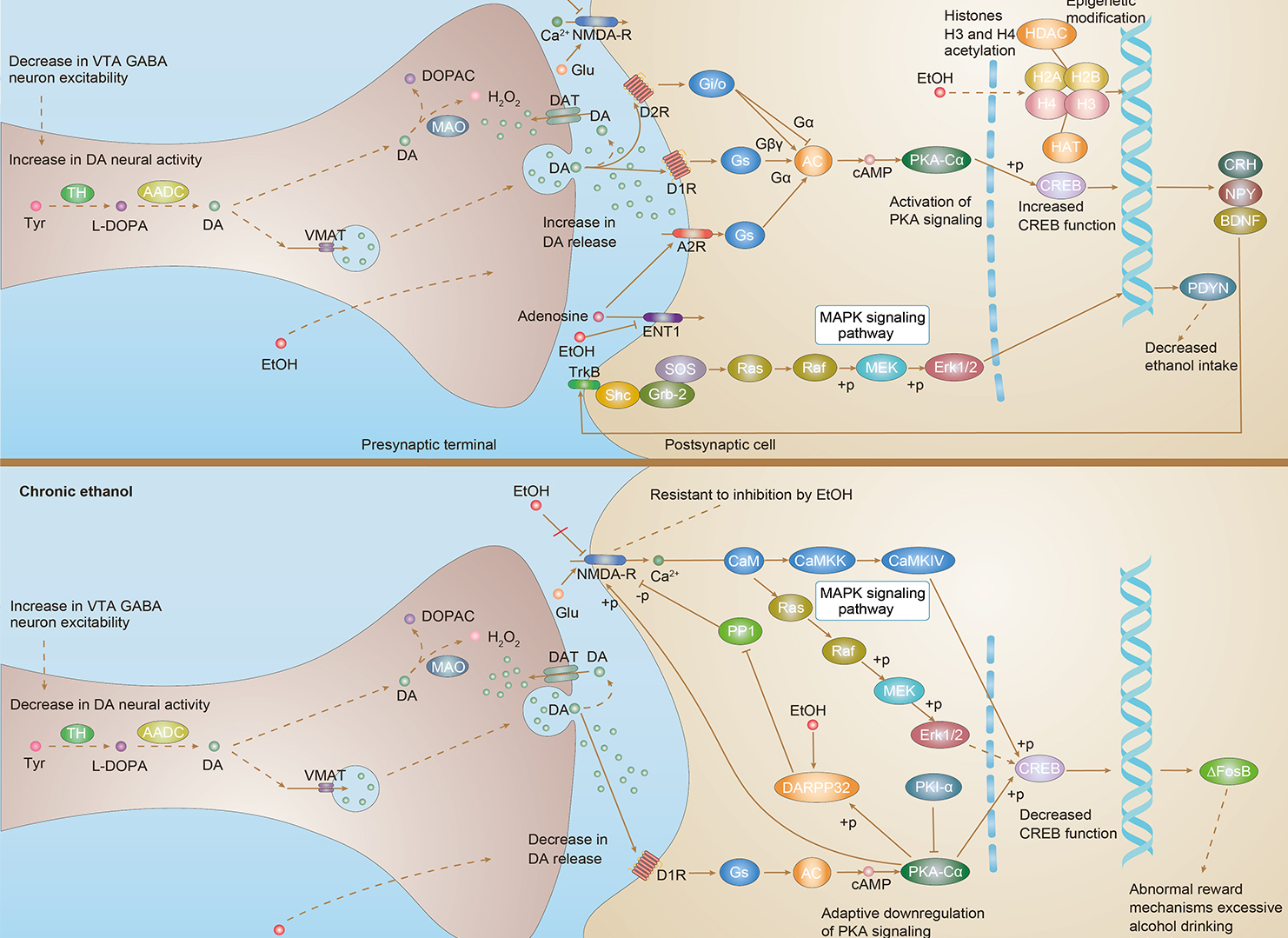+ Filter
 Loading...
Loading...

CRH
 Loading...
Loading...Anti-CRH Products
- Mouse Anti-CRH Recombinant Antibody (clone 8F1) (MOB-2504z)
-
- Derivation: Mouse
- Species Reactivity: Human
- Type: Mouse IgG2a, κ
- Application: WB, ELISA, IP
-
- Species Reactivity: Human
- Type: Mouse antibody
- Application: ELISA, IHC-Fr, IHC-P
- Rat Anti-CRH Antibody (clone PFU 83), mRNA (AGTO-L007R-mRNA)
-
- Species Reactivity: Human
- anti-CRH immunotoxin PFU 83 (IgG)-RTA (AGTO-L007R)
-
- Species Reactivity: Human
- Application: Cytotoxicity assay, Functional assay
- Chicken Anti-CRH Polyclonal IgY (BRD-0135MZ)
-
- Species Reactivity: Human, Mouse, Rat
- Type: Chicken antibody
- Application: WB
- Anti-CRH Immunohistochemistry Kit (VS-0525-XY1670)
-
- Species Reactivity: Human
- Target: CRH
- Application: IHC
View More Products
Can't find the products you're looking for? Try to filter in the left sidebar.Filter By Tag
More Infomation
Our customer service representatives are available 24 hours a day, from Monday to Sunday. Contact Us
For Research Use Only. Not For Clinical Use.
Background
Corticotropin-releasing hormone is secreted by the paraventricular nucleus (PVN) of the hypothalamus in response to stress. Marked reduction in this protein has been observed in association with Alzheimer disease and autosomal recessive hypothalamic corticotropin deficiency has multiple and potentially fatal metabolic consequences including hypoglycemia and hepatitis. In addition to production in the hypothalamus, this protein is also synthesized in peripheral tissues, such as T lymphocytes and is highly expressed in the placenta. In the placenta it is a marker that determines the length of gestation and the timing of parturition and delivery. A rapid increase in circulating levels of the hormone occurs at the onset of parturition, suggesting that, in addition to its metabolic functions, this protein may act as a trigger for parturition.
Protein class
Plasma proteins
Predicted location
Secreted
Single cell type specificity
Cell type enriched (Syncytiotrophoblasts)
Immune cell specificity
Not detected in immune cells
Cell line specificity
Cell line enhanced (SuSa)
Interaction
Interacts (via C-terminus) with CRFR1 (via N-terminal extracellular domain).
Molecular function
Hormone
More Types Infomation


 Alcoholism
Alcoholism

